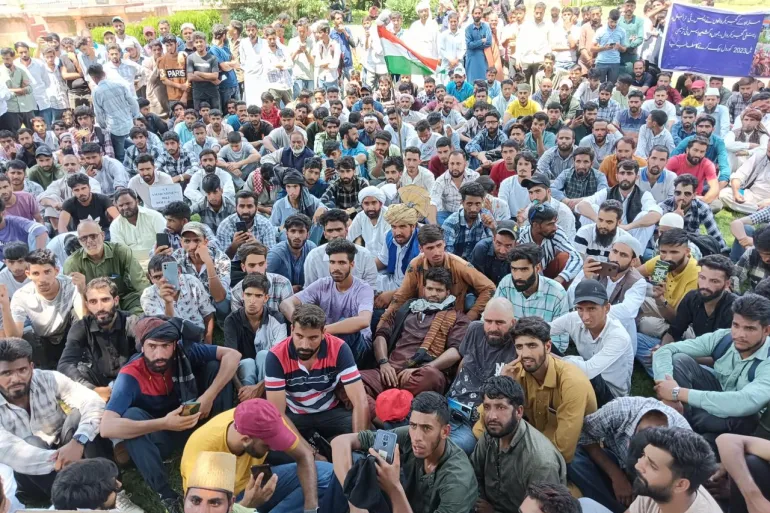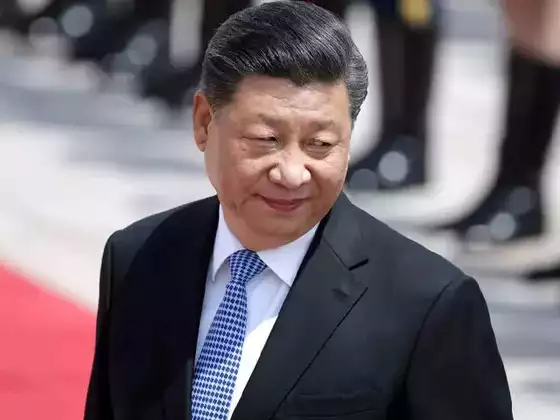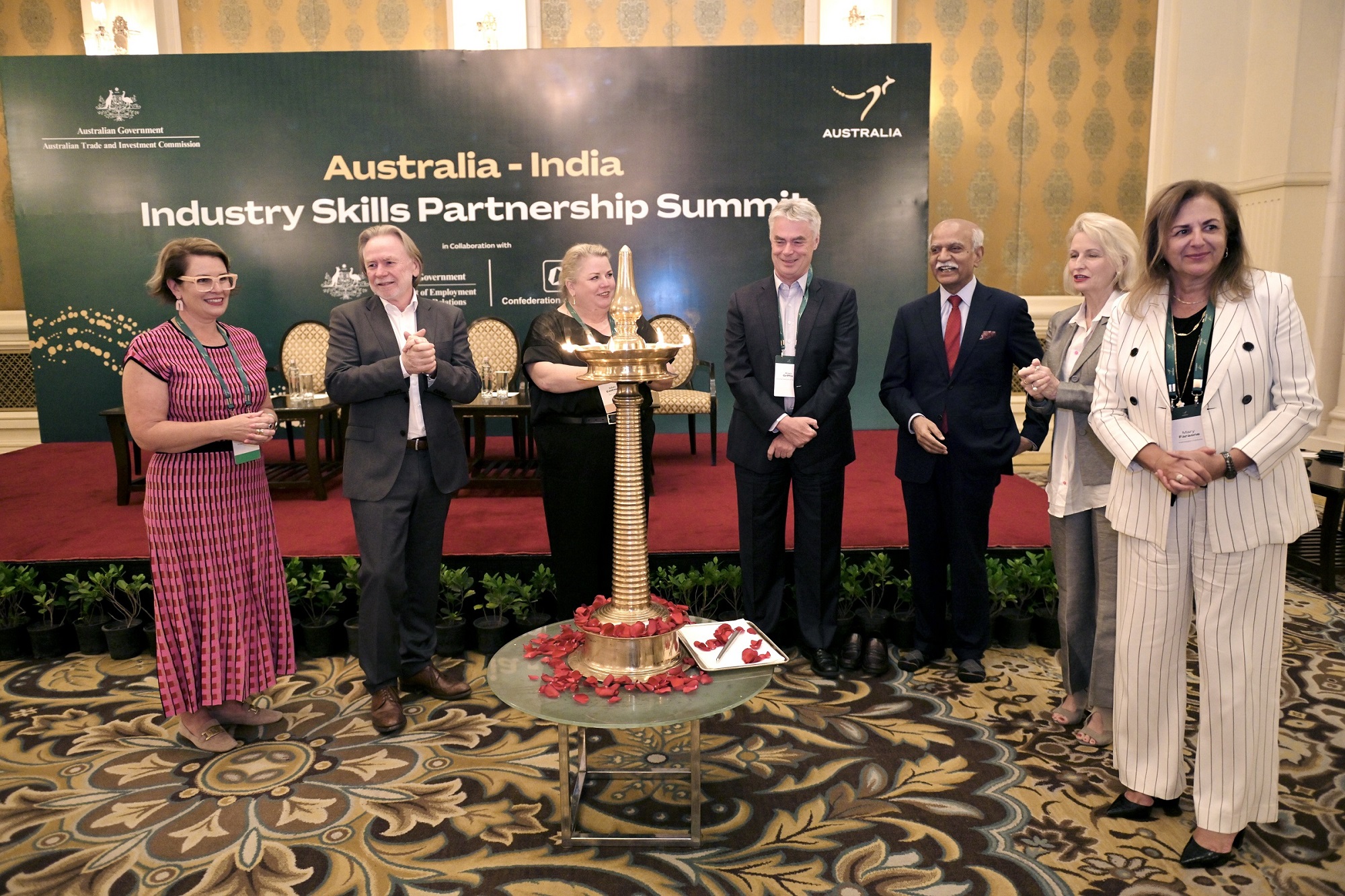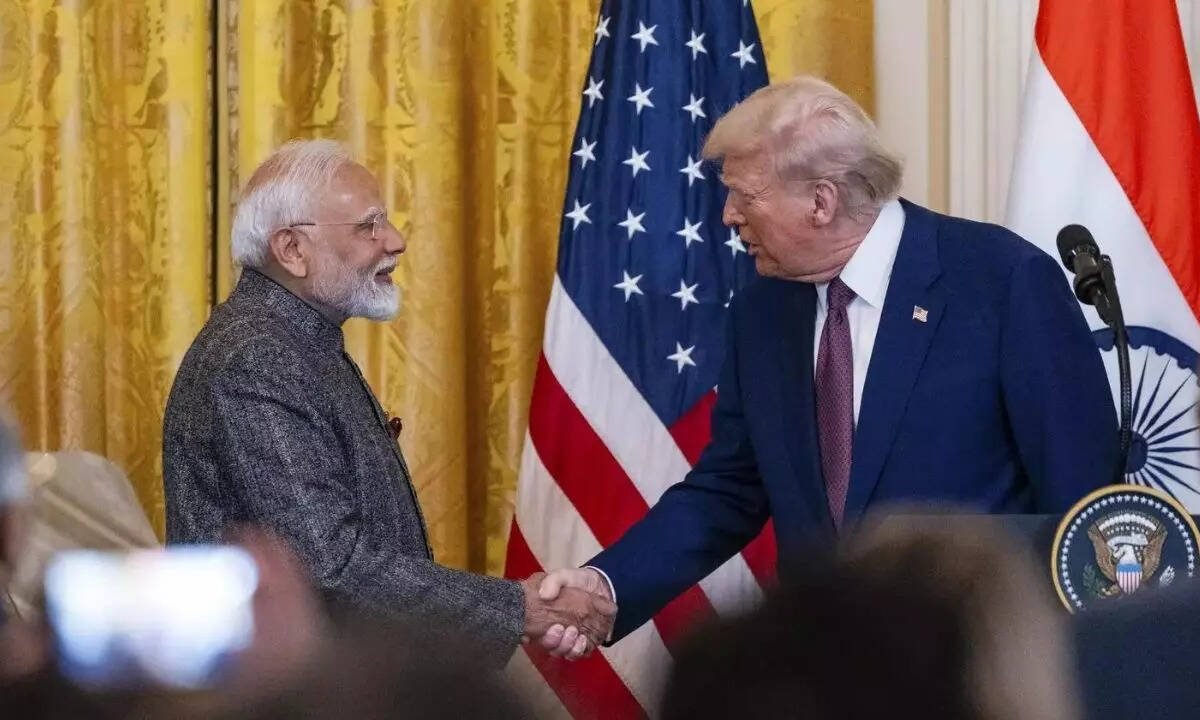Leoni Connah, a Government Lecturer at Flinders University, delves into the palpable apprehension gripping the region in an article published in nriaffairs.com
As India gears up for its general election starting on April 19, all eyes are on whether Prime Minister Narendra Modi will clinch a third term in office. While the nation speculates on the implications of another Modi tenure, Kashmir, nestled in the northern reaches with a Muslim-majority populace, stands at a pivotal juncture, deeply contemplative of its future.
Leoni Connah, a Government Lecturer at Flinders University, delves into the palpable apprehension gripping the region in an article published in nriaffairs.com.
Connah did a comprehensive analysis on the situation in Kashmir. Following is the crux of his report:
Modi’s recent visit to Srinagar in early March marked his first since the contentious revocation of the region’s semi-autonomous status in 2019. Against a backdrop of heavy security, Modi unveiled promises of over US$774 million worth of developmental projects, aiming to invigorate the local economy and tourism sector. Yet, skepticism lingers among Kashmiri residents, who have often felt marginalized under Modi’s Hindu nationalist administration.
The region’s fate hangs precariously as Kashmiris grapple with the specter of disinformation, militarization, and uncertain political landscapes. A Modi victory could cement existing policies, perpetuating the plight of Kashmiris in what is heralded as the world’s largest democracy
Since assuming office in 2014, Modi has pursued a robust policy towards Kashmir, vowing to quell a longstanding rebel movement. This approach escalated with the abrogation of Article 370 in 2019, a move met with widespread discontent among Kashmiris. The subsequent redefinition of domicile rules raised concerns of demographic shifts, exacerbating existing tensions in the region.
Human rights violations and curtailment of civil liberties have further strained relations between Kashmir and New Delhi. Connah’s research, conducted amidst the upheaval of 2020-21, reflects a prevailing sense of betrayal and despair among Kashmiri populace, accentuated by draconian clampdowns and detentions.
As elections loom, the anticipation for change intertwines with apprehension. Modi’s silence on local elections during his recent Srinagar visit amplifies sentiments of neglect and disregard. While some Kashmiri Muslims find solace in BJP’s promises of economic prosperity, many fear continued marginalization and rights infringements under prolonged BJP leadership.
The region’s fate hangs precariously as Kashmiris grapple with the specter of disinformation, militarization, and uncertain political landscapes. A Modi victory could cement existing policies, perpetuating the plight of Kashmiris in what is heralded as the world’s largest democracy.
***********************************************************************
Readers
These are extraordinary times. All of us have to rely on high-impact, trustworthy journalism. And this is especially true of the Indian Diaspora. Members of the Indian community overseas cannot be fed with inaccurate news.
Pravasi Samwad is a venture that has no shareholders. It is the result of an impassioned initiative of a handful of Indian journalists spread around the world. We have taken a small step forward with the pledge to provide news with accuracy, free from political and commercial influence. Our aim is to keep you, our readers, informed about developments at ‘home’ and across the world that affect you.
Please help us to keep our journalism independent and free.
In these difficult times, running a news website requires finances. While every contribution, big or small, will make a difference, we request our readers to put us in touch with advertisers worldwide. It will be a great help.
For more information: pravasisamwad00@gmail.com

